While the US has designated a number of Hamas financiers and taken other economic sanctions against the organization since the start of the Gaza war, its measures appear to be no more that going through the motiions and messaging that it is continuing to take action against terrorism.” In practice, however, the American measures are an yet another indication of the growing decline in recent years in the power and ability of the United States to wage economic campaigns against terrorist organizations, rogue states, and China. We are witnessing a significant erosion in the effectiveness of one of the most significant tools in the American toolbox against terrorism and rogue states since September 11, 2011.
The United States has taken several economic warfare measures against Hamas since the start of the Iron Swords war. These steps have included a wide range of “statements” about institutions and individuals responsible for Hamas’ economic and financial activities, as well as monetary rewards for information delivering senior figures in the organization’s financial system. On October 18, 2023, several companies and individuals connected to Hamas’ investment network were placed on an American blacklist; on November 14, additional figures were added to the list, mainly Iranian and Islamic Jihad elements connected to Hamas’ financing network, and on January 6, 2024, the United States announced a reward of $5 million (a head) for providing information that will assist in the arrest of Hamas’ five main financiers: Kamel Abdullah Atallah, Muhammad Sarur, Zaher Jabarin, Mohammad Yazji, and Fawaz Mustafa Awad.
Ostensibly, these moves indicate America’s commitment to the economic campaign against Hamas. But is that really the case? Before giving an answer, some questions must be asked and working assumptions put in place. The United States is well acquainted with Hamas’ investments, its main financiers, and its financing pipelines, especially the Iranian and Qatari ones. This is evident in The New York Times’ investigative report that revealed that Israel already knew about Hamas’ funding mechanism back in 2014, and therefore it is highly likely that the US knew as well. Why was it necessary to wait until October 7, 2023, to carry out a process of designation? Another obvious question is why Qatar is not mentioned in American designations, even though it plays a critical role in Hamas’ funding mechanism. We are left wondering what has the US done in the wake of the designations; details of the names of companies, accounts and assets have been published worldwide since October 7, and the Americans could have got their hands on assets and accounts but did nothing.
It seems then that the American moves vis-à-vis Hamas were in fact carried out just to go through the motions, and mainly as a message, be it to Israeli officials or to their American counterparts, “We are continuing our campaign against terrorism.” In practice, however, the American measures are an yet another indication of the growing decline in recent years in the power and ability of the United States to wage economic campaigns against terrorist organizations, rogue states, and China.
There appears to be a significant erosion in the effectiveness of one of the most significant tools in the American toolbox against terrorism and rogue states since September 11, 2011. The decline in the US’s capability to wage economic warfare has been most noticeable in recent years when it comes to China and Russia, and especially in enforcing economic sanctions against Iran. Recent developments in the Middle East raise the question of how Iran, which was supposed to be under strict sanctions for the past two decades, has managed to successfully finance its nuclear project, Hezbollah, the Houthis in Yemen, the Shiite militias in Iraq, Hamas, and the civil and cultural takeover of Iraq, Syria and Lebanon. Were the American sanctions effective, Iran would have collapsed; instead, it is getting stronger.
The decline in the US’s economic warfare capabilities stems from two main factors: America’s “enemies,” including terrorist organizations, have studied the weak points in the application of American sanctions. Second, American political interests almost always prevail over economic war and the war on terror. The imposition of American sanctions and designations on Hamas requires the US to confront countries such as Qatar and Turkey, and, in a much broader circle, China, the UAE, and Lebanon, each of which hosts some component of Hamas’ (and Hezbollah and Iran’s) financial systems.
The United States is not interested in confronting these countries or forcing them to take action. This even though the Americans understand full well that a fatal blow to Hamas’ financial support system could bring about a faster end to the war and a significant decrease in casualties and pose a substantial threat to Hamas’ very existence. Nonetheless, we can safely assume that the United States will not exert its full its capabilities vis-à-vis Hamas. Even the understanding that real pressure on Qatar is critical to the release of Israeli hostages will probably not motivate the Americans to take more aggressive measures. What is most absurd is that is that the US’s desire to see humanitarian aid moved into to the Gaza Strip leads it to turn a blind eye to the fact that the lead group involved in the flow of aid is Qatar Charity, a body designated a terrorist organization by both Israel and the United States – the NGO is part of a charitable coalition declared by the American authorities as a terrorist entity
The offer of bounty money for the heads of Hamas’ funding mechanism further illustrates the problematic nature of American policy, since it is an open secret that Zaher Jabarin, known as Hamas’ “CEO,” is currently based in Turkey where he is protected by President Erdogan. He often travels to Qatar and Lebanon. Muhammad Sarur, another leading Hamas financier is based in Lebanon under the patronage of Hassan Nasrallah. The US doesn’t really need the public’s help locating the heads of the Hamas financial system or locating the bank accounts of Hamas leaders. The information is easily available and is possessed by the United States. in her possession. One can only reach the conclusion that the American publication is intended first and foremost to convey a message to public opinion in Israel and the US that the United States stands by Israel and is acting against Hamas’ financial mechanism. But in practice, this is mere lip service and no more.
America’s laxity in fighting terror finance is also evident when it comes to Hezbollah. The US is well aware that Hezbollah’s major vulnerability is its dependence on the Lebanese financial system, but for political reasons the US refrains from taking the decisive step of cutting Lebanon off from the SWIFT system (which would land a severe blow to Hezbollah). Even when it comes to tactical moves, the US refrains from activity that could harm Hezbollah’s financiers.
In 2021, Alex Saab, a money launderer working with Venezuelan President Nicolas Maduro and Hezbollah, was extradited to the United States from Cape Vere. On December 20, 2023, the US released in in a prisoner swap deal with Venezuela. The message is clear. Mohammad Bazi, a key Hezbollah financier, extradited from Romania to the United States last year, will likely benefit from a similar deal. According to various sources, Bazi was an FBI source who betrayed his employers. He is expected to be released in a deal with the Iranians.
America’s declining desire to conduct an effective economic campaign has strategic implications. After September 11, 2001, the United States turned economic warfare into a strategic source of power. It also employed economic tools following the war in Afghanistan to wage a campaign against China, Russia, and Iran, gradually abandoning its willingness to wage conventional war and relying almost entirely on the economic arena. However, when the enemy begins to recognize your weaknesses, especially the fact that there are political and other interests that override the interests behind an economic campaign, the United States is exposed in its full weakness and in fact signals to the axis of evil that is forming in the world that the dog that barks does not bite. The next US administration will have to conduct a strategic assessment of how it conducts economic warfare against terrorist organizations and rogue states.
JISS Policy Papers are published through the generosity of the Greg Rosshandler Family.
Photo: IMAGO / ZUMA Wire

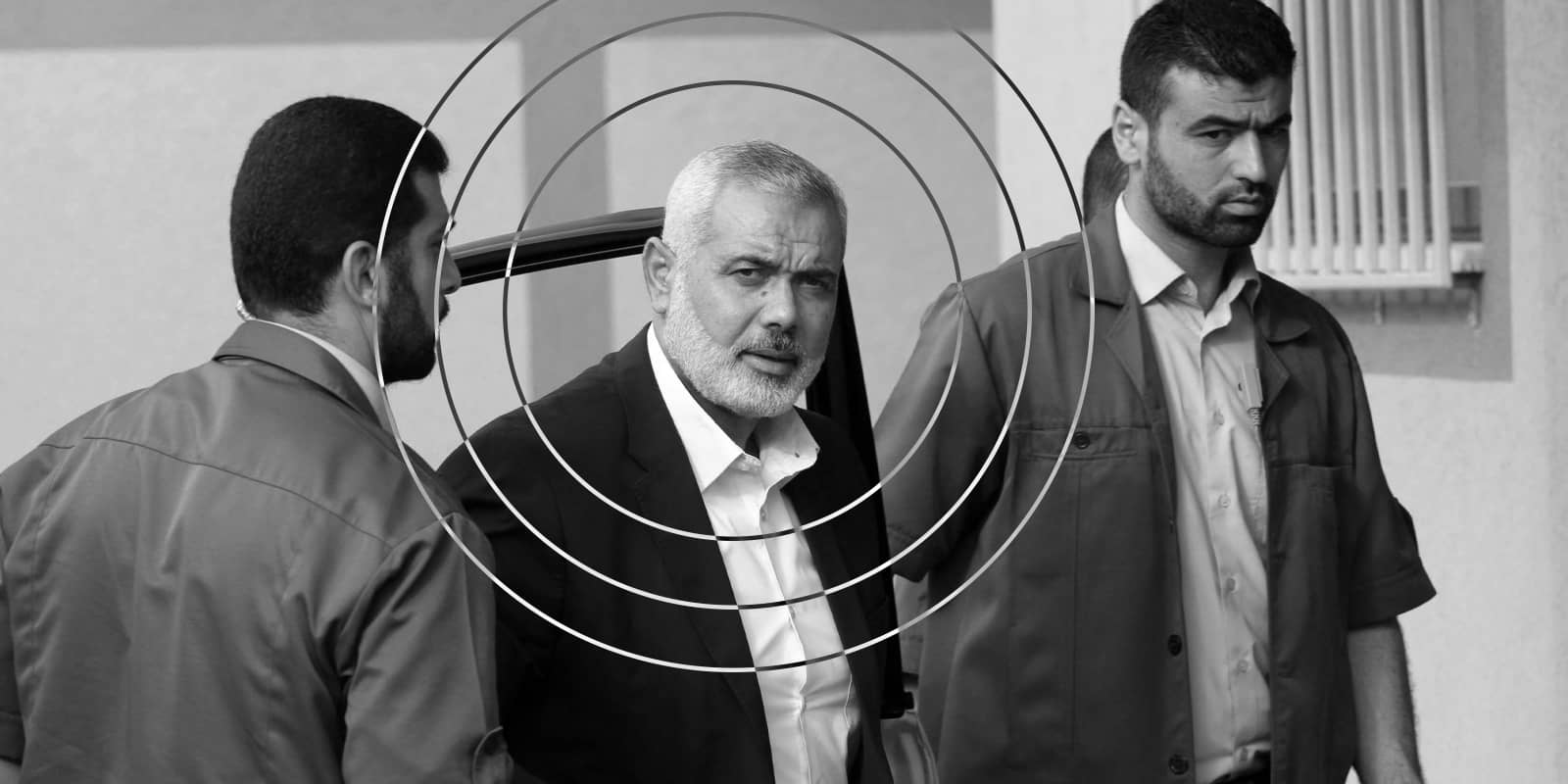
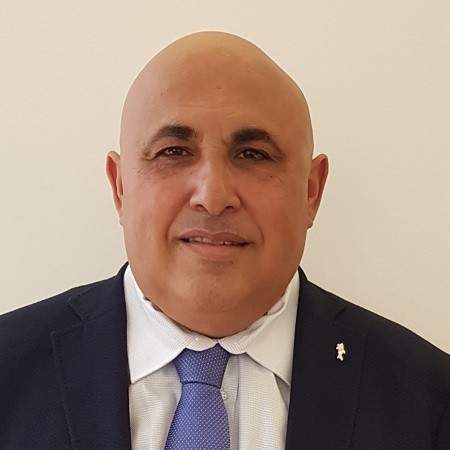
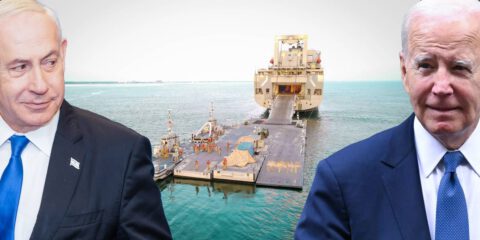

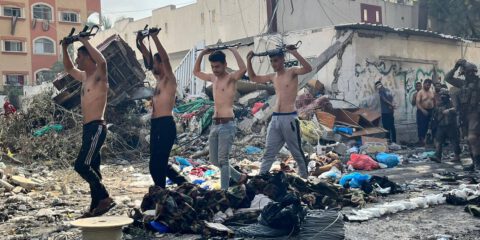
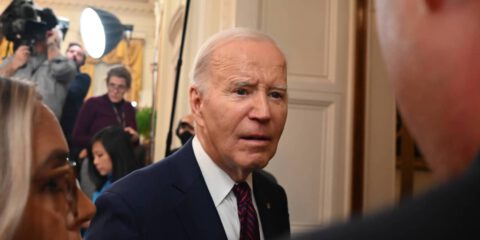

 - בניית אתרים
- בניית אתרים